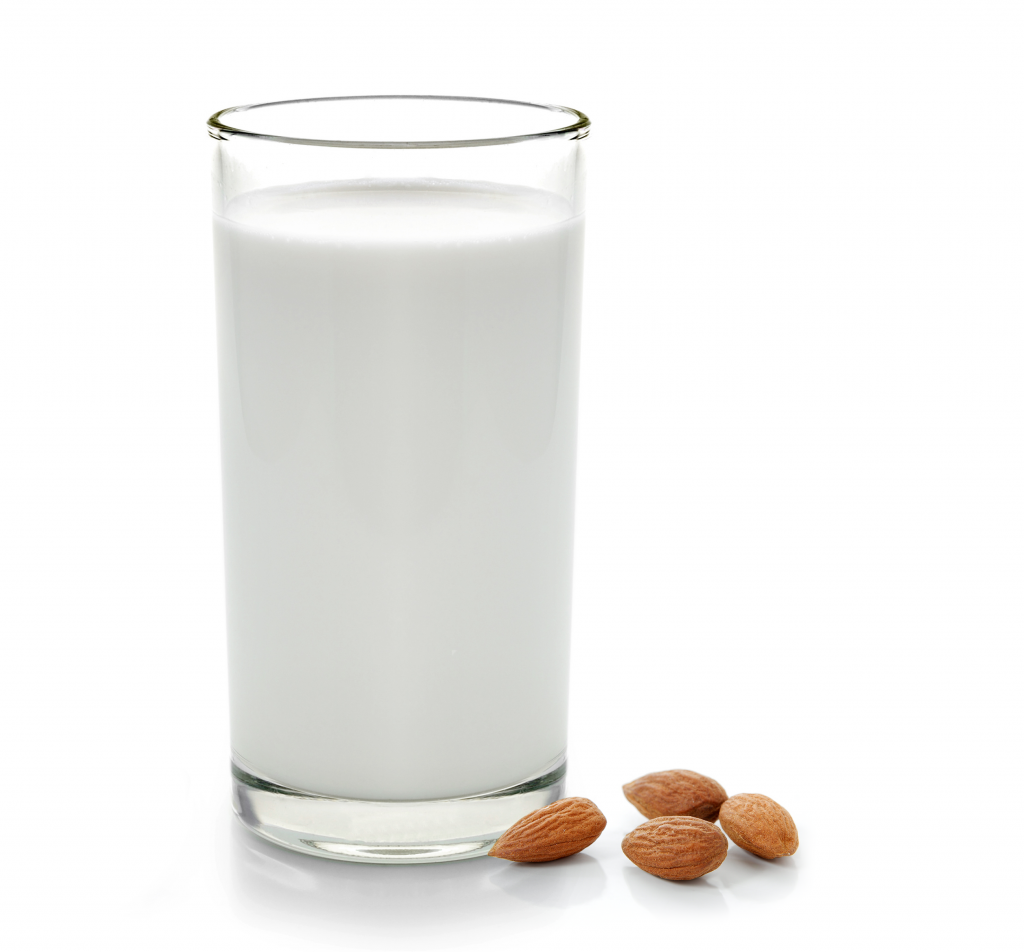The self-anointed “food police” made progress last night when a San Francisco Board of Supervisors committee voted to send a proposed ordinance to ban toys in kids’ meals on to the full Board. Chiming in today in the San Francisco Chronicle, two activists try to make the case that the city should ban toys with what it deems “unhealthy” meals. But their argument is weak. They don’t present any credible proof that toys cause obesity (because there isn’t any), so they try to make an end-run around the issue.
They write:
[T]he last time limits on the marketing of junk food to kids were imposed, Big Food leaned on Congress to strip the Federal Trade Commission of such regulatory authority. That was 1981, marking the beginning of a 30-year rise in the rates of childhood obesity, diabetes and other diet-related conditions.
Catch the implication? Marketing limits went away…and people got bigger. There’s no actual evidence, just innuendo about cause and effect.
Well, guess what? Last we checked, ice cream sales and shark attacks increase at the same time of year. But does that mean buying a sundae causes shark attacks? No—because correlation does not equal causation. In the case of our analogy, there’s another explanation—the arrival of summertime, when people hit the waves and eat ice cream, both under the warm sun. Might the toy ban-loving authors be missing out on other variables themselves?
There’s a certainly irony in this essay by toy-hating activists. One of the authors is Robert Lustig, a scaremongering pediatrics professor who literally calls sugar “poison.” You’d think from his sugar research that he’d know better than to repeat the same correlation-equals-causation mistake that other anti-obesity activists made when speculating that the rise of consumption of one kind of sugar thirty years ago could be behind today’s obesity rates. It’s not, and the researchers later wound up with backtracking with egg on their faces.
The activists hyperventilating over toys in kids’ meals haven’t directly answered one question: How much will childhood obesity rates fall by restricting toys in restaurant meals? The answer: They won’t.




